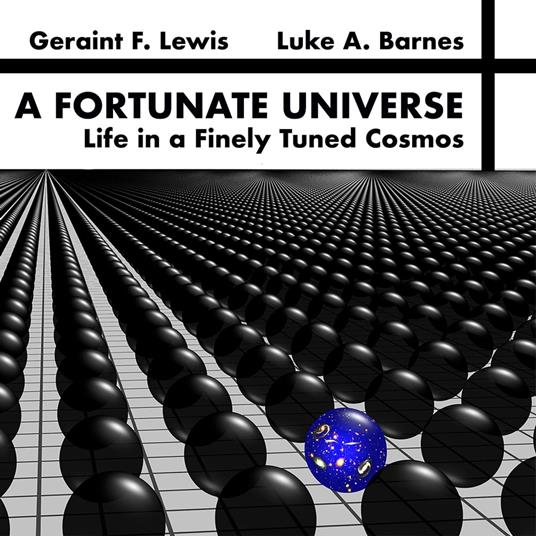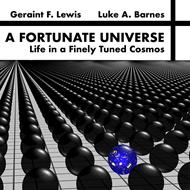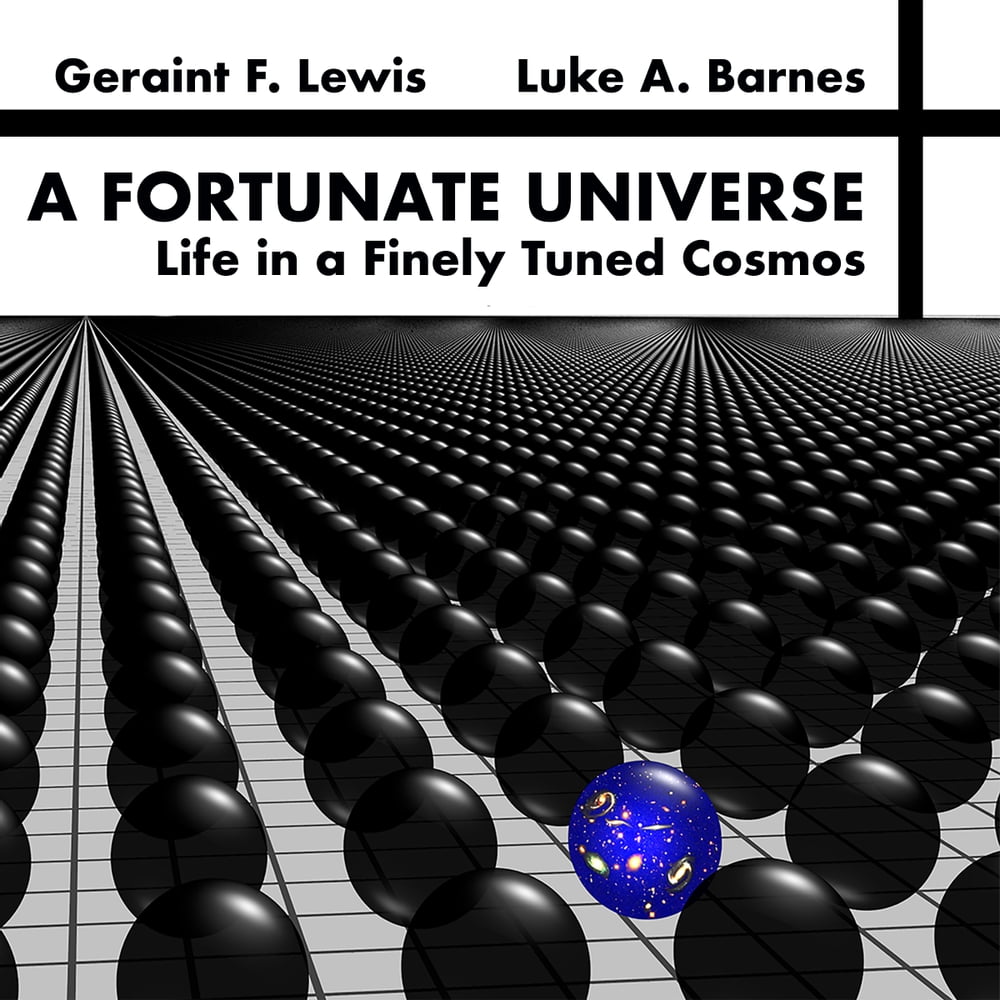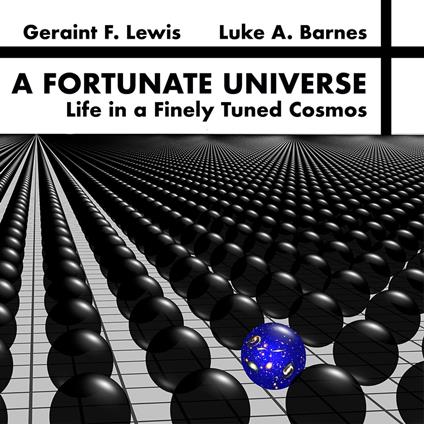A Fortunate Universe: Life in a Finely Tuned Cosmos
Over the last forty years, scientists have uncovered evidence that if the Universe had been forged with even slightly different properties, life as we know it - and life as we can imagine it - would be impossible. Join us on a journey through how we understand the Universe, from its most basic particles and forces, to planets, stars and galaxies, and back through cosmic history to the birth of the cosmos. Conflicting notions about our place in the Universe are defined, defended and critiqued from scientific, philosophical and religious viewpoints. The authors' engaging and witty style addresses what fine-tuning might mean for the future of physics and the search for the ultimate laws of nature. Tackling difficult questions and providing thought-provoking answers, this volumes challenges us to consider our place in the cosmos, regardless of our initial convictions. Reviews "My colleagues, Geraint and Luke, in A Fortunate Universe, take you on a tour of the Cosmos in all of its glory, and all of its mystery. You will see that humanity appears to be part of a remarkable set of circumstances involving a special time around a special planet, which orbits a special star, all within a specially constructed Universe. It is these set of conditions that have allowed humans to ponder our place in space and time. I have no idea why we are here, but I do know the Universe is beautiful. A Fortunate Universe captures the mysterious beauty of the Cosmos in a way that all can share." Brian Schmidt, Australian National University, Canberra, and Nobel Laureate in Physics (2011), from the Foreword "Geraint Lewis and Luke Barnes provide a breathtaking tour of contemporary physics from the subatomic to the cosmological scale. Everywhere they find the Universe to be fine-tuned for complex structure. If the quark masses, or the basic forces, or the cosmological constant had been much different, the Universe would have been a sterile wasteland. It seems that the only reactions are either to embrace a multiverse or a designer. The authors have constructed a powerful case for the specialness of our Universe." Tim Maudlin, New York University "The Universe could have been of such a nature that no life at all could exist. The anthropic question asks why the constants of nature that enter various physical laws are such as to permit life to come into being. This engaging book is a well-written and detailed explanation of all the many ways these physical constants affect the possibility of life, considering atomic, nuclear and particle physics, astrophysics and cosmology. It then discusses in an open-minded way the variety of explanations one might give for this strange fine-tuning, possible solutions ranging from pure chance, existence of multiverses, or theistic explanations. The book is the most comprehensive current discussion of this intriguing range of issues. Highly recommended." George Ellis, University of Cape Town "Lewis and Barnes' book is the most up-to-date, accurate, and comprehensive explication of the evidence that the Universe is fine-tuned for life. It is also among the two most philosophically sophisticated treatments, all the while being accessible to a non-academic audience. I strongly recommend this book." Robin Collins, Messiah College, Pennsylvania '... charming, intelligent and exceedingly well-written ... a gentle stroll through the details of the Standard Model of particle physics, as well as the Standard Model of cosmology, but [the authors] lead us with such a light hand, a streak of humour and a lack of pedantry that the information is easily absorbed ... Lewis and Barnes show us how small changes lead to a variety of disasters. ('Ruining a universe is easy' Mr. Barnes quips) ... Is [our universe] a happy coincidence, as the authors ask each other in an amusing mock debate modeled on one Galileo wrote 400 years earlier, or is there some deeper reason? Where does science go from here?
-
Autore:
-
Durata in (hh:mm:ss):10:13:26
-
Anno edizione:2019
-
Editore:
Formato:
Gli Audiolibri venduti dal nostro sito sono in formato MP3 e protetti da un DRM proprietario Kobo.
Compatibilità:
Gli Audiolibri venduti dal nostro sito possono essere ascoltati sul tuo smartphone o tablet tramite la APP gratuita Kobo Books scaricabile da iOS o Android. Gli Audiolibri non possono essere scaricati in locale o trasferiti su un client di ascolto diverso da quello fornito tramite Kobo. Non è possibile ascoltare gli audiolibri con la Kobo APP Desktop. Puoi ascoltare gli Audiolibri tramite determinati eReader Kobo, utilizzando cuffie o casse con Bluetooth. Visita la pagina degli eReader per avere maggiori dettagli.
Cloud:
Gli Audiolibri venduti singolarmente dal nostro sito sono immediatamente sincronizzati sul tuo account personale in automatico. Successivamente all'acquisto, sono subito disponibili all'ascolto tramite i client di lettura Kobo compatibili.
Clicca qui servissero ulteriori informazioni



